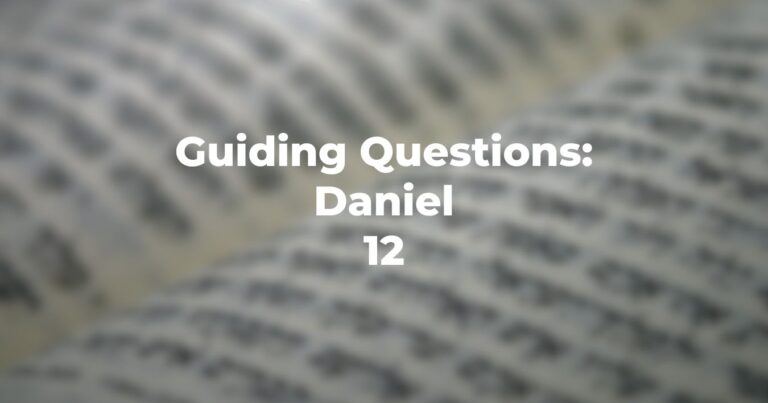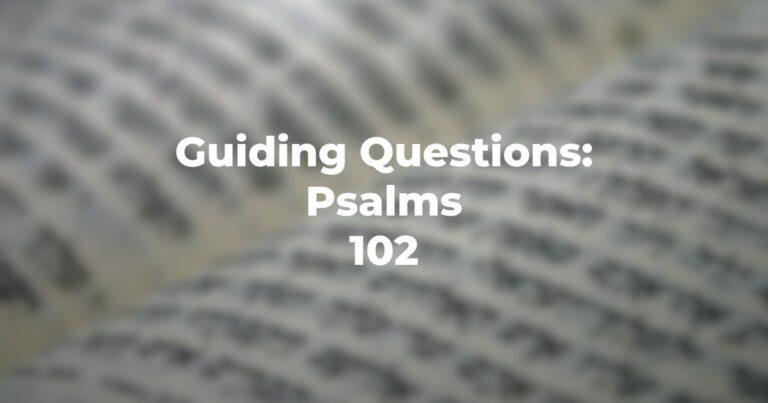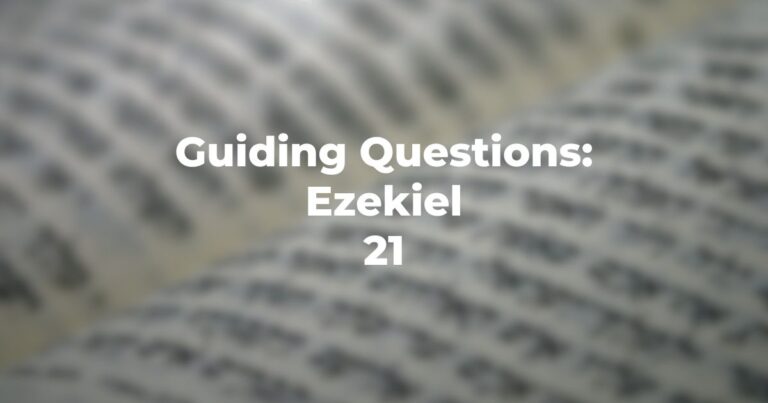- Is Pesah defined in the first verse?
- What is the “month of Aviv?”
- According to Deuteronomy 16:1, at what time of day did the Exodus take place?
- Where—and only there—is the Pesah to be celebrated/eaten (Deuteronomy 16:2)?
- What food prohibition is mentioned related to the Pesah (Deuteronomy 16:3-4)?
- Deuteronomy 16:5-8 repeat the opening verses, but with what changes/additions?
- Is Shavuot (Deuteronomy 16:9-12) related to the Pesah holiday other than by calendar?
- Where is Sukkot to be celebrated? Are its modes of celebration noted in this passage (Deuteronomy 16:13-15)?
- In conclusion, minimally how many times each year is the male Israelite to pilgrimage to the worship center (Deuteronomy 16:16)?
- Can these three times be celebrated elsewhere—according to this text?
- Does this “central worship center” represent a change from what is set forth in the first four Books of the HumashA collection of the Five Books of Moses, Pentateuch, or the Hebrew equivalent. Includes the haftarot readings, and usually contains some commentary. It is often used on Shabbat mornings to help follow the Torah reading. Read more; why? why not?
- What judicial system is called for?
- According to Deuteronomy 16:19, what regulates the judiciary?
- Is “shohad” a bribe or a gift to an unpaid judge?
- In Deuteronomy 16:20, what is the essential requirement for inter-personal relationships—justice or love?
- Why are the regulations in Deuteronomy 16:21-22 set forth after the regulations on justice?
Author
-

Exploring Judaism is the digital home for Conservative/Masorti Judaism, embracing the beauty and complexity of Judaism, and our personal search for meaning, learning, and connecting. Our goal is to create content based on three core framing: Meaning-Making (Why?), Practical Living (How?), and Explainers (What?).
View all posts




